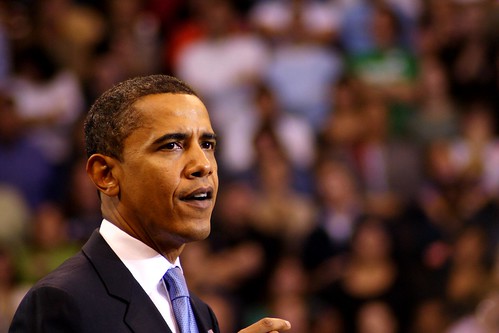
Some of the Green announcements which passed by my desk this week:
- Invensys IMServ, a UK-based carbon and energy solution provider has launched a new programme to help UK schools increase their energy efficiency, reduce their carbon footprint and save money on their energy bills.
- SAP Americas was named 2010 Smart Grid Integrator of the Year 2010, North America by The New Economy.
- Enterprise energy management company JouleX has upgraded its network-based agentless product JEM to version 2.5. The new version supports a broader set of IT infrastructure devices, improves energy measurement and accuracy, JouleX Mobile allows employees to become more engaged in company’s sustainability initiatives, “load adaptive computing” allocates computing resources based upon system and application utilisation and has significantly upgraded its reporting capabilities.
- Tropos Networks, a company which sells wireless broadband network infrastructure, announced the other day that they were selected by more utilities as the company of choice for their smart grid communications infrastructure than any other vendor. Tropos’ CEO Tom Ayers, whom I video interviewed previously here, said
I expect that 2011 will be a banner year of growth for our company and smart grid deployments globally.
Good for them!
- UK based Greenstone Carbon Management made me aware recently that Asian-based investment bank Nomura have selected Greenstone’s Acco2unt carbon accounting software to help measure, manage and report its carbon emissions across the Bank?s operations in Europe, Middle East and Africa (EMEA).
- After a successful pilot, ARRA recipient Burbank Water and Power (BWP) has selected energy management company Trilliant to implement its smart metering communications infrastructure. Trilliant is partnering with GE for meters, eMeter for Meter Data Management, and Siemens for integration. BWP will utilise Trilliant?s solution to help manage service requests, customer inquiries, meter reading and service interruptions.
Photo credit lissalou66




